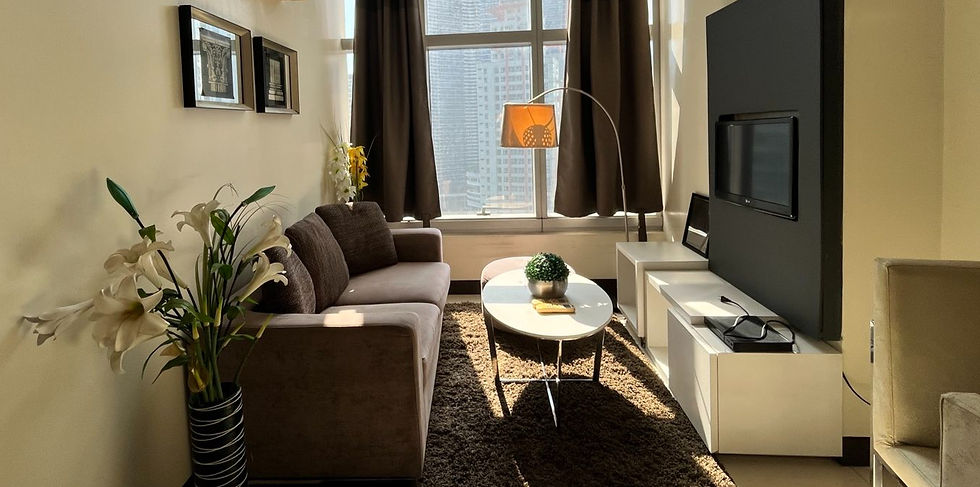Can Urban Harmony Transform Tenure Security and Property Management in Manila?
- bedandgoinc
- 2023年11月28日
- 読了時間: 2分
November 28, 2023

In the pulsating heart of Metro Manila, where urban growth collides with surging population densities and skyrocketing land prices, a pressing narrative unfolds. The urban poor face not only the threat of eviction but also a profound need for stability. Here, the intersection of tenure security and property management takes center stage, shaping a contemporary vision for resilient and thriving urban communities.
1. The Unconventional Lens on Tenure Security:
Traditional strategies, fixated on regularization and relocation, offer a narrow view of tenure security, tethered to land ownership and formal titles. But in this modern context, the urban poor demand a more holistic approach.
2. Rethinking Transactions: The Power of Contemporary Property Management:
Beyond transactions, the success of real estate investment hinges on meticulous planning and forward-looking property management. This isn't just about maintaining spaces; it's about curating environments that foster growth and sustainability.
3. Urban Transformation Unveiled: Navigating Socio-Economic Dynamics
The ebb and flow of housing and land rights transactions give rise to unintended urban transformation, creating social hierarchies. Modern property management practices step in as navigators, ensuring fairness and equity for all community members.

4. Security of Tenure in 360 Degrees:
A rigid property rights system leaves urban poor households without tenure security. Modern property management extends its gaze beyond ownership concerns, addressing vital elements like law and order, essential services, and economic opportunities within settlements.
5. The Synergy of Tenure and Property Management:
In the contemporary landscape, connecting tenure security to innovative property management practices is imperative. Property managers, equipped with modern tools and strategies, play a pivotal role in creating environments that cater to the diverse needs of the urban poor.
6. Social Housing Reinvented: Property Management as the Catalyst:
Tenure improvement programs, once myopically focused, must embrace modern property management practices. This evolution turns these programs into comprehensive poverty reduction initiatives, ensuring sustained stability and growth for residents.

As the urban tapestry of Metro Manila evolves, the synergy between tenure security and modern property management emerges as a powerful force. By reshaping social housing programs, adopting cutting-edge property management practices, and recognizing the multi-dimensional nature of security of tenure, Manila can redefine its urban narrative. A narrative where communities thrive, resilience reigns, and urban harmony becomes the hallmark of a progressive and inclusive city.
Reference:








コメント